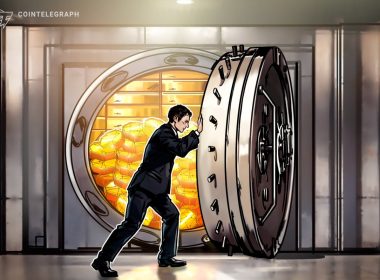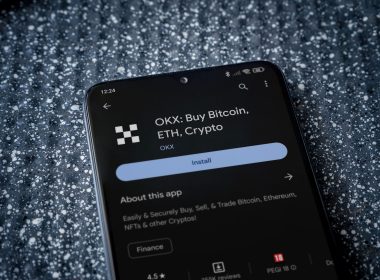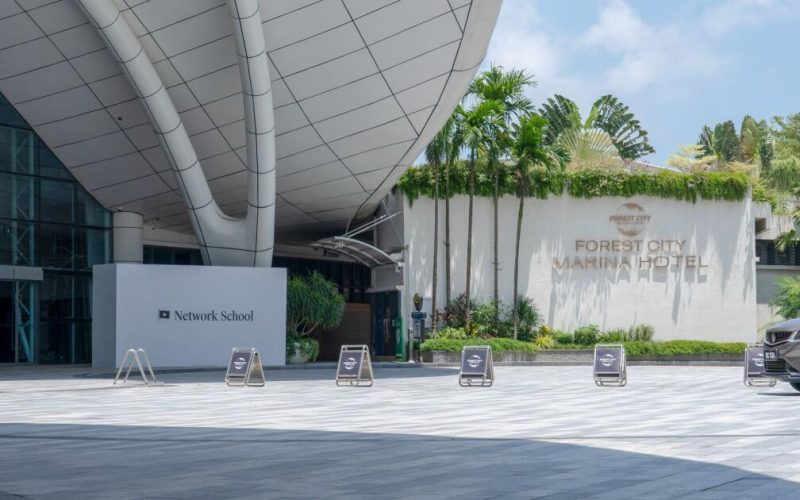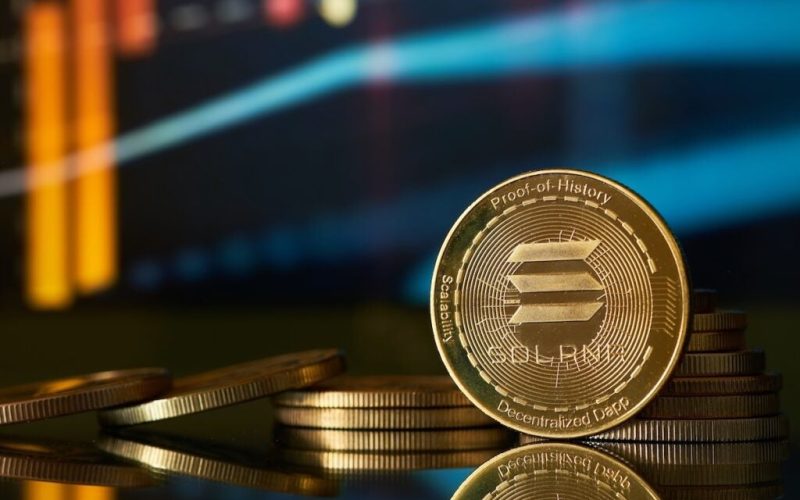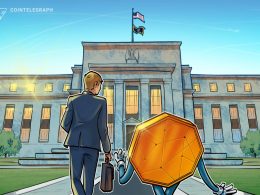In 2025, a once-ambitious megaproject in Malaysia, known as Forest City, has transformed into a refuge for tech entrepreneurs and crypto enthusiasts. Located on a reclaimed island, this site, initially envisioned as a $100 billion city capable of housing a vast population, now serves as a unique campus for innovators eager to explore the concept of new sovereign states. Here, they engage in software development, partake in gourmet dining experiences featuring Australian prime ribeye, and embrace physical fitness, all while delving into a radical educational framework known as Network School.
Network School, founded by Balaji Srinivasan, a former executive at Coinbase Inc. and author of The Network State, attracts individuals committed to redefining societal structures based on shared beliefs in technology, cryptocurrency, and minimal regulation. This initiative seeks to create “startup societies” that prioritize ideology over traditional geographical boundaries. Srinivasan firmly believes that the current social landscape is ripe for such disruptions, asserting, “Just like at age 18 you choose your college, at age 18 you’ll choose your country.”
Recent political shifts have provided momentum for Srinivasan’s vision. The election of Donald Trump and his crypto-friendly policies have propelled cryptocurrencies into the mainstream financial realm, further stimulating interest in alternative governance structures. Forest City’s strategic location near Singapore offers benefits such as low living costs and accessibility, making it an attractive choice for innovators. To bolster its appeal, local authorities have designated the area as a duty-free zone and introduced a 0% tax rate for family offices, encouraging affluent investors to establish operations there.

As of 2025, nearly 400 students from various backgrounds have enrolled in Network School, where they explore a curriculum that melds practical skills with ideological discussions. The program includes product sprints, coding sessions, and seminars on topics ranging from historical transformations like the Meiji Restoration to contemporary governance models. Additionally, guest lectures offer deep dives into technological advancements alongside discussions of societal structures.
Students at Network School follow a diet inspired by longevity principles and engage in rigorous fitness routines, reflecting a broader trend in Silicon Valley focused on health and wellness. The campus, featuring a commercial-grade gym, promotes a culture of physical fitness, with students often remarking, “We’re all getting jacked,” as they pursue both personal and professional growth.
Srinivasan’s background is notable; after co-founding the DNA testing startup Counsyl and spending time at venture capital firm Andreessen Horowitz, he joined Coinbase in 2018. His concept of a “network state,” described in his 2022 publication, emphasizes decentralized governance through digital communities. This notion aligns with ongoing discussions about the potential for new forms of governance that transcend traditional state boundaries.
While the future remains uncertain for initiatives like Network School, which aims to create permanent campuses worldwide, the current experiment in Forest City represents a unique intersection of technology, governance, and entrepreneurship. As Srinivasan envisions further expansion with nodes in cities like Miami, Dubai, and Tokyo, the implications of these “startup societies” could redefine our understanding of nationhood in the digital age.
For more information, visit the original source at Los Angeles Times.

